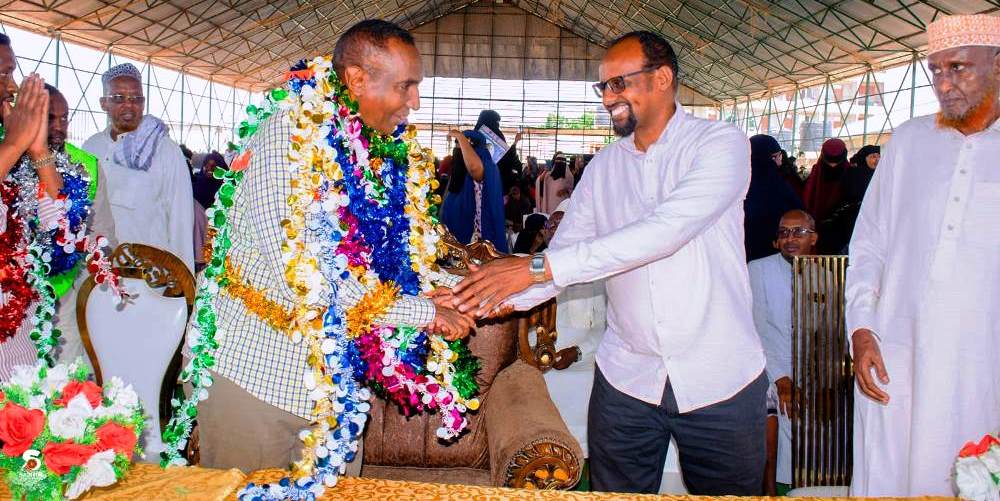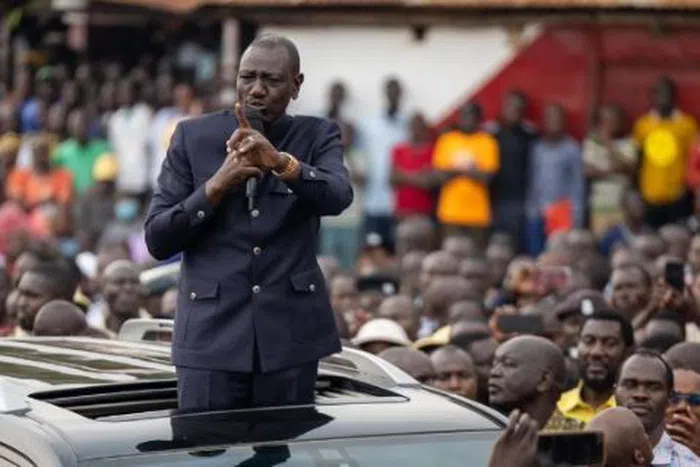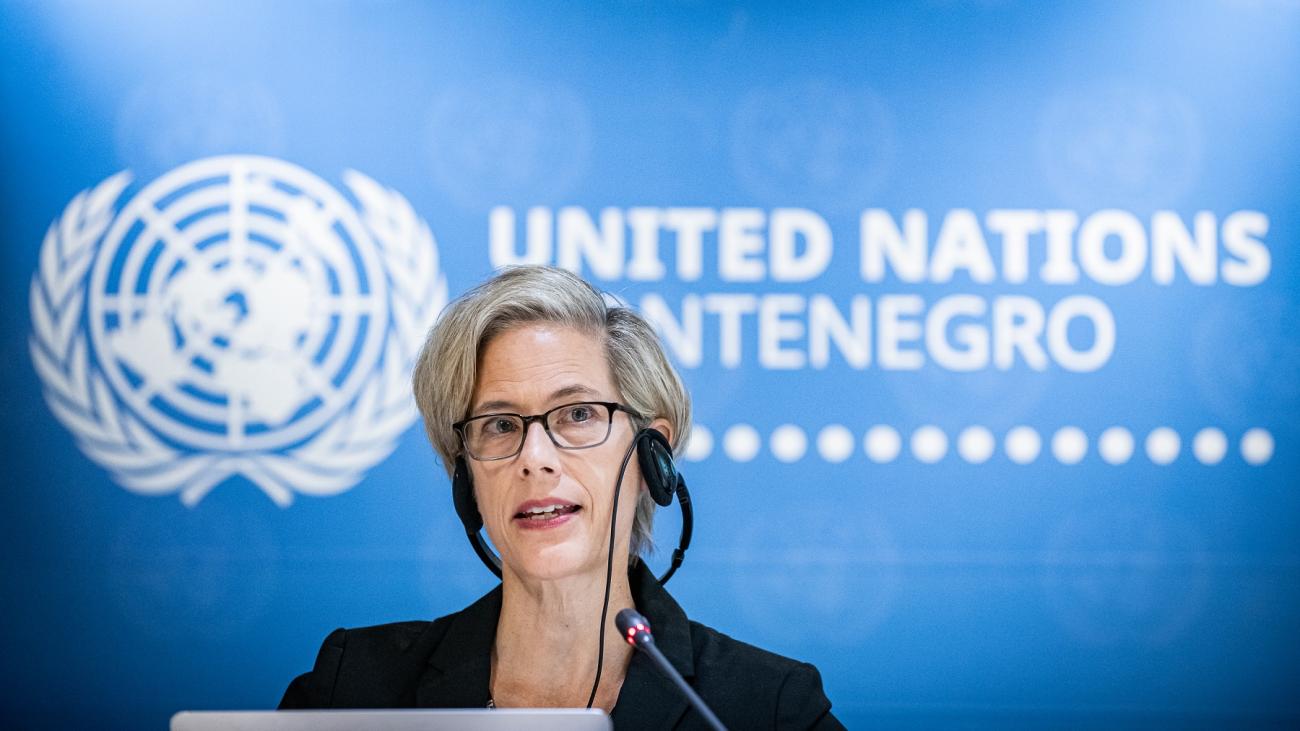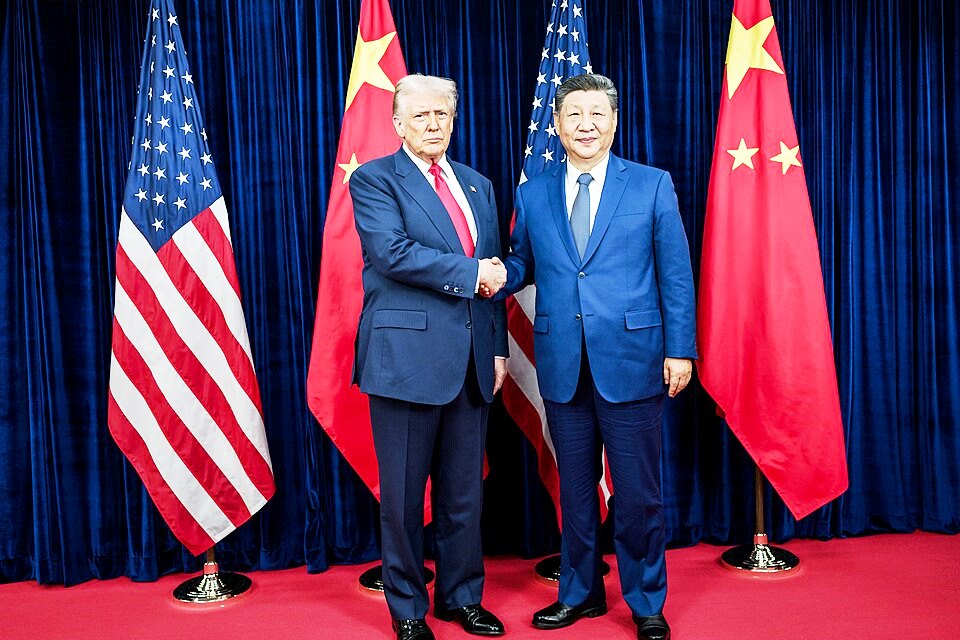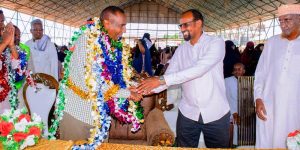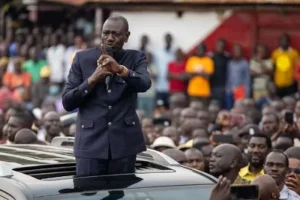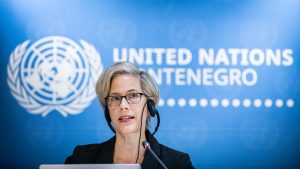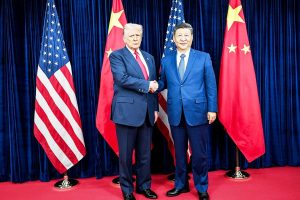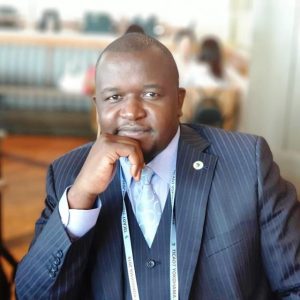Prof. Kwasi Wiredu, often called the greatest living African philosopher, passed on 6 January 2022 in the US at the age of 90. PHOTO/ Global Echo
By MORRIS ODHIAMBO
My reflections last Saturday on democracy in Africa (including traditional Africa) generated a “heated” debate. I engaged in two days of joyful and educative conversations with folks of different academic and ideological persuasions across social media platforms. I understood their different stances on the topic, and, hopefully, they understood my mine as well.
In some cases, I went beyond debating and provided reading materials from notable African scholars such as Professor Kwasi Wiredu. Professor Wiredu’s idea of “consensual democracy” in Africa is often touted as the alternative to liberal democracy, which is seen as Western bourgeoisie democracy, imported to Africa as part of the neo-colonial project.
Today’s reflection is on a similarly interesting topic: that of the conceptualisation of human rights in Africa and the relationship between human rights, foreign policy and Africa’s agency.
The contradictions being witnessed in the wars in Ukraine and Gaza, the continued bloodletting in the Democratic Republic of Congo, Sudan, etc., have raised various issues including the issue of human rights as foreign policy.
Unless one is a truly a committed cynic, one can see the relationship between the interests of global capital and most of these wars. These interests are about extraction and exploitation of resources, which drive global trade. It seems as if human rights do not apply when it comes to the interests of global capital!
Africa is home to many of the resources that drive global commodity trade, but remains poor. Part of the reason the president of Burkina Faso, Ibrahim Traore, is admired around the continent, is the assumption that he has found a silver bullet to foreign exploitation.
But there are absolutists who simply cannot tolerate military takeover of power. This group can never be convinced that Traore and his group have anything new to offer. Some reason that Traore has simply changed colonial masters.
Interestingly, some of these critics at the same time admire the role Gaddafi played in the Libyan revolution and how he managed his country’s resources, thereafter, creating the only true socialist, welfarist, state in Africa.
The murder of Gaddafi in 2011 by imperial interests threw the country into a cesspool of war and resource exploitation by foreign multinationals. Libya has essentially become another DRC!
While researching for this article, I came across the following passages that contribute to its central argument: “There is an inescapable tension between human rights and foreign policy. The society of all humankind stands opposed to the club of states and one of the primary rules of the latter has been to deny membership to the former.
Foreign policy, according to these rules, should be conducted among states. It should not concern itself with communities within states, nor with the notional global community which various kinds of trouble-makers have called up to justify their enthusiasms.

Prof. Issa Shivji was born in Kilosa, Tanzania in 1946, Shivji worked for 36 years as a professor in constitutional law in the University of Dar es Salaam‘s Faculty of Law. PHOTO/ UoD.
“Thus foreign policy may concern itself with questions of rights, but these should involve the claims made by states in international society, not the values by which they live domestically. Among states the rule has been classically that of non-interference, allowing plural conceptions of domestic rights. States in international society, united by this tradition, tend to be suspicious of any doctrine of human rights that is not their own as being the attempt to make particular values general, a variety of cultural imperialism, or even, in the interpretation of Enoch Powell, of cultural or ideological aggression” (R.J. Vincent).
Debates and controversies over human rights go back to the 1948 promulgation of the Universal Declaration of Human Rights (UDHR) after the European war christened the 2nd World War.
One of the major controversies then was the application of the concept of universality, which remains an issue of contention. It was perceived by the rest of the world that the Europeans were simply “universalising” their conception of human rights.
In his write up, “The Concept of Human Rights in Africa”, Professor Issa Shivji, attempted to redefine the understanding of human rights from an African perspective. To “avoid the pitfalls of liberal democracy”, Shivji reshaped the debate by recasting the “human rights ideology from the standpoint of the working people in Africa.”
In essence, Professor Shivji was reigniting debate on the perceived cultural imperialism implied in universalising human rights. Professor Shivji and R.J. Vincent articles are therefore central to the discussion of the two issues central to this article: (i) the universalisation of the human rights discourse from a Eurocentric perspective, which often causes a rejection of the human rights discourse, and (ii) the use of the human rights as a tool of foreign policy by big powers.
Importantly, Professor Shivji reasserts the importance of the concept of human rights in Africa on the basis of collectivity as opposed to individualism! He demolishes the liberal assumptions that dominate the debate!
The issues of debate in today’s reflection are: do you think the concept of human rights has relevance to Africa? Does the current dominant framework encapsulated in the UDHR adequately conceptualise and contextualise human rights in Africa?
Do you think that the dominant powers use human rights as a tool of their foreign policy, i.e. to continue perpetuating imperialist domination? Is Professor Shivji right in his postulations?
